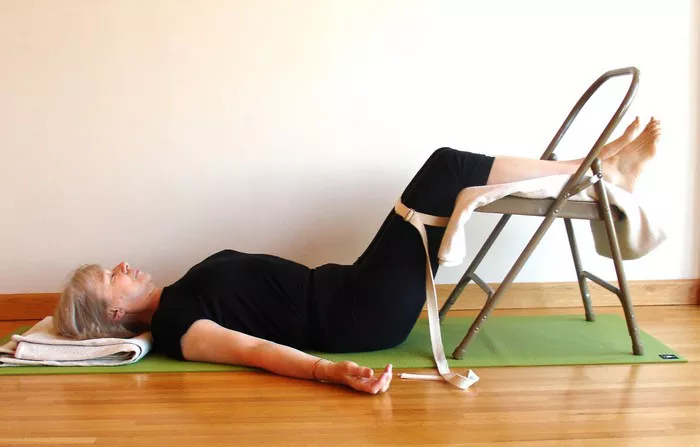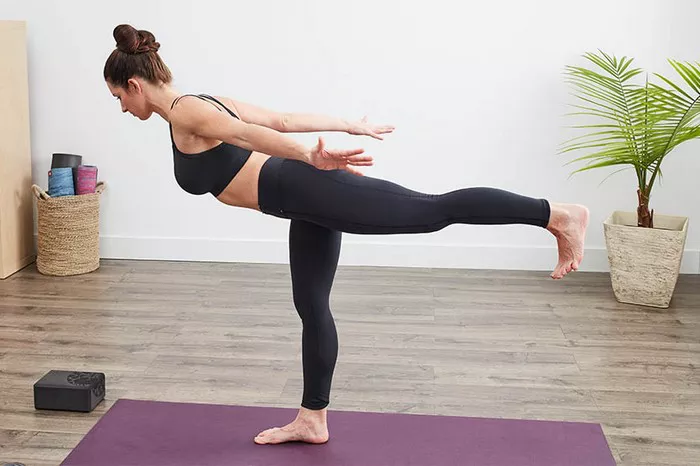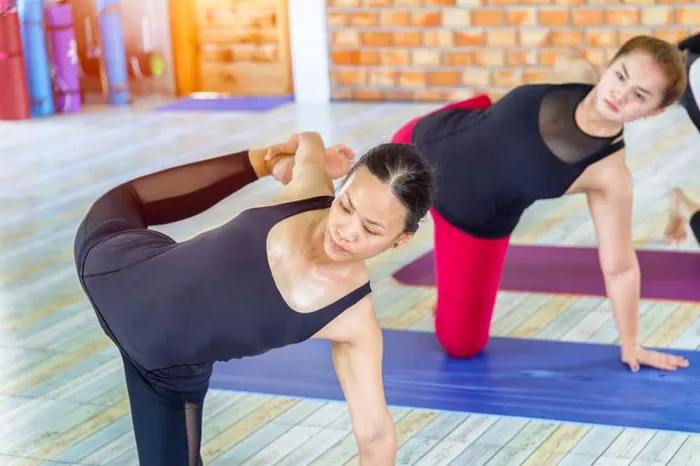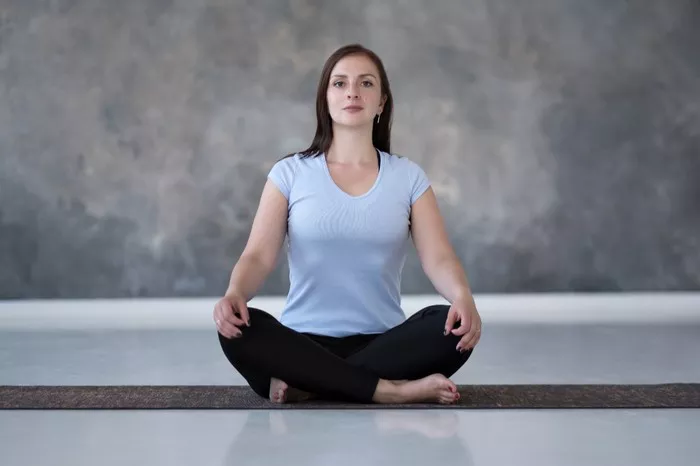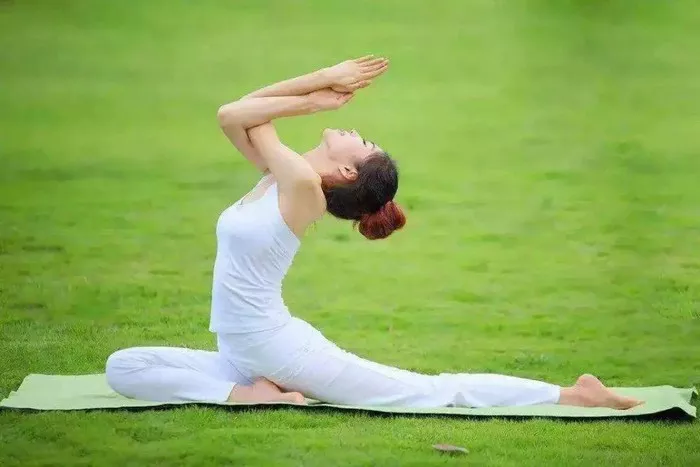Yoga, an ancient practice originating in India, has gained immense popularity worldwide for its physical, mental, and spiritual benefits. From enhancing flexibility and strength to promoting relaxation and stress reduction, yoga offers a multitude of advantages for individuals of all ages and fitness levels. However, a pertinent question arises: is yoga truly suitable for everyone?
Understanding Yoga
Before delving into whether yoga is universally applicable, it’s crucial to comprehend what yoga entails. Yoga is not merely a series of physical poses or exercises; it encompasses a holistic approach to well-being that integrates body, mind, and breath. The practice involves various components such as asanas (postures), pranayama (breathing techniques), meditation, and mindfulness.
Physical Adaptability
One of the common misconceptions about yoga is that it requires exceptional flexibility or athleticism. However, this notion couldn’t be further from the truth. Yoga is highly adaptable and can be modified to accommodate individuals with diverse physical abilities and limitations.
For those with limited mobility or physical disabilities, chair yoga offers a gentle yet effective way to experience the benefits of yoga. With the support of a chair, participants can perform modified poses and movements that promote strength, flexibility, and relaxation. Similarly, individuals recovering from injuries or managing chronic conditions can benefit from therapeutic yoga, which focuses on gentle movements and proper alignment to alleviate discomfort and improve overall well-being.
Mental Health Benefits
Beyond its physical aspects, yoga is renowned for its profound impact on mental health and emotional well-being. Through mindfulness practices and meditation, yoga cultivates a sense of inner peace, clarity, and resilience. This aspect of yoga makes it particularly beneficial for individuals grappling with stress, anxiety, depression, or trauma.
Research has consistently demonstrated the therapeutic effects of yoga on mental health. Studies have shown that regular yoga practice can reduce symptoms of anxiety and depression, improve mood, and enhance overall psychological well-being. Moreover, the mindfulness techniques employed in yoga help individuals develop greater self-awareness and emotional regulation, empowering them to navigate life’s challenges with equanimity.
Inclusivity and Diversity
In recent years, there has been a concerted effort within the yoga community to promote inclusivity and diversity. Recognizing that yoga has historically been dominated by a narrow demographic, initiatives have emerged to make yoga more accessible and welcoming to people of all backgrounds, body types, and identities.
Yoga studios and instructors are increasingly offering classes specifically tailored to cater to diverse populations. This includes classes for seniors, children, pregnant women, individuals with disabilities, and members of marginalized communities. By embracing inclusivity and diversity, the yoga community is striving to ensure that everyone feels represented and empowered to participate in the practice.
Cultural Sensitivity
As yoga continues to proliferate globally, there has been a growing conversation around cultural sensitivity and appropriation. Yoga originated in ancient India and is deeply rooted in Hindu philosophy and spirituality. Therefore, it is essential for practitioners and instructors alike to approach yoga with respect, humility, and an understanding of its cultural significance.
This entails acknowledging and honoring the cultural origins of yoga, while also ensuring that the practice remains accessible and inclusive. It involves avoiding the commodification or misappropriation of yoga for commercial gain and recognizing the interconnectedness of yoga with broader social and ethical principles.
Conclusion
In conclusion, yoga is indeed for everyone, irrespective of age, ability, or background. Its adaptable nature allows individuals to tailor the practice to suit their unique needs and circumstances, whether physical, mental, or emotional. Moreover, by fostering inclusivity, diversity, and cultural sensitivity, the yoga community is endeavoring to create a welcoming space where everyone can experience the transformative power of yoga.
As yoga continues to evolve and expand, it is imperative that we uphold its core principles of unity, compassion, and mindfulness. By embracing these values and embracing the diversity of the yoga community, we can ensure that yoga remains a source of healing, connection, and empowerment for generations to come.
FAQs:
Does yoga work for everyone?
Yoga can benefit most people, but its effectiveness varies. Factors like physical condition, mental state, and individual preferences play roles. Some find it transformative, while others might not connect with it.
Why do some people not like yoga?
Not everyone enjoys yoga due to diverse reasons. Some may find it physically challenging or uncomfortable, while others might dislike its spiritual aspects. Additionally, personality differences and preferences for other forms of exercise can influence attitudes toward yoga.
Are people who do yoga happier?
Research suggests that yoga practitioners often report higher levels of happiness and well-being. Yoga’s combination of physical activity, mindfulness, and stress reduction can contribute to improved mood and overall happiness. However, individual experiences vary, and happiness depends on various factors beyond just yoga practice.

